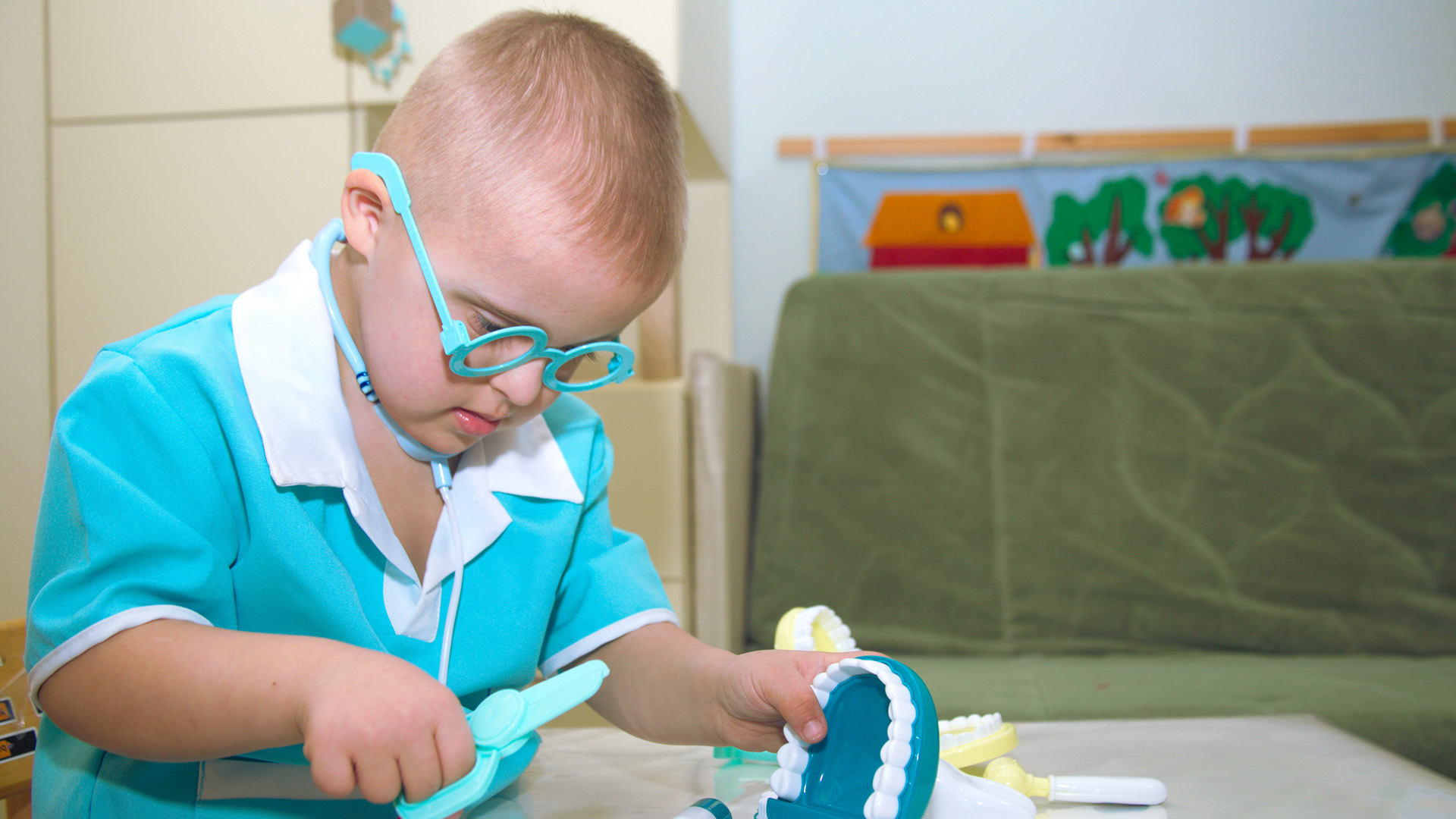Choosing the right dentist for special needs is essential for ensuring your loved ones receive personalized and compassionate dental care. A dentist for special needs specializes in offering dental services that cater to the unique requirements of individuals, focusing on comfort, understanding, and effective communication. Experienced teams are trained to address various physical, cognitive, and emotional challenges, guaranteeing a positive experience for both patients and their families. As you explore your options, it’s important to understand the services provided and how different approaches can enhance your dental journey.
Understanding Special Needs Dentistry
Special needs dentistry is dedicated to offering dental care tailored to individuals with diverse physical, developmental, or emotional challenges. This field is vital in ensuring patients who face difficulties in accessing regular dental care receive necessary services in a compassionate environment. By addressing their distinct needs, special needs dentistry significantly contributes to improving their overall health and quality of life.
Conditions like autism spectrum disorders, cerebral palsy, Down syndrome, and developmental delays often require specialized dental care. These conditions may bring specific challenges, such as communication difficulties, anxiety about dental procedures, or motor skill issues that complicate traditional visits. Understanding these challenges enables a dentist for special needs to develop strategies tailored to each patient’s needs.
Beyond clinical expertise, a special needs pediatric dentist must embody patience, empathy, and effective communication to create a welcoming environment. This may involve using visual aids, offering longer appointment times, or incorporating sensory-friendly tools to reduce anxiety. Dentists are equipped and trained to provide exceptional care for all patients, particularly those with special needs, ensuring they receive the attention and treatment they deserve.
What to Expect During Dental Appointments
Dental visits for special needs patients are designed to be comfortable and stress-free. Recognizing that every patient is unique, a compassionate team takes time to explain each step of the process, ensuring both the patient and their caregiver feel informed and at ease. They employ visual aids and simple language to demystify the experience, making it less intimidating.
To alleviate anxiety and ensure comfort, special needs pediatric dentists use techniques specifically tailored for special needs patients, such as allowing extra time for acclimation, playing calming music, or providing sensory tools. Teams are trained to identify discomfort and adjust their approach accordingly, ensuring each patient receives care without feeling overwhelmed.
Creating a supportive environment is crucial for effective treatment. Dentists strive to foster a welcoming atmosphere where patients feel safe and understood. Facilities are designed with accessibility in mind, and staff are equipped to handle a variety of special needs with patience and empathy. By fostering this supportive environment, they enhance the overall dental experience, helping patients maintain optimal oral health.
How to Choose the Right Dentist for Special Needs
Choosing the right dentist for special needs is key to ensuring a comfortable dental experience. Look for qualities like patience, empathy, and experience with individuals who have unique requirements. A special needs pediatric dentist with specialized training can provide care that addresses specific challenges and sensitivities.
During the initial consultation, ask questions to determine if the dental practice is a good fit. Inquire about their experience with similar patients, the sedation or comfort techniques they use, and how they manage anxiety. Understanding their communication policies and appointment flexibility can offer insight into their ability to accommodate your needs.
Ongoing communication with the dental team is crucial for a successful long-term relationship. Ensure the practice encourages open dialogue about treatment plans, concerns, and feedback on experiences. A supportive team will help ease anxiety and adapt care strategies as needed for optimal oral health. Dentists are committed to fostering this communication and providing compassionate care tailored to patients’ unique needs, ensuring every visit is comfortable and effective.
